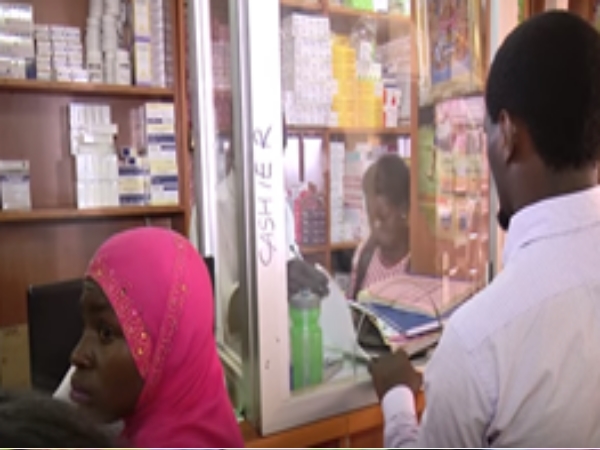The news on the tax increment on selected drugs came on the hills of a Presidential Investor Round Table meeting in which the Health Ministry was tasked to support the Domestic Pharmaceutical Industry in Uganda. “Will help us reduce reliance on imports and contributes towards National development aspirations of Industrializations as provided for in our current Vision 2040.” Said, Sarah Opendi, State Minister for General Duties, MOH. The new directive will affect 37 drugs but it won’t have any impact on drugs sent by donors. “The verification fees for these donations will remain at 2%.” Some of the 37 drugs manufactured in Uganda include Amoxicillin, Panadol, Oral Rehydration Salts (ORS) and Albendazole among others. These will be procured locally from the manufacturers. “These medicines also meet the National Quality Standards in our country and this is why they have been specifically selected.” Said, the State Minister for General Duties, MOH.
Nine Pharmaceutical manufacturing companies were licensed to operate under this new directive. “The biggest one being Abacus Parental Drugs, Kampala Pharmaceutical Industry, Med Pharm Industry, Quality, CIPLA UPI, RENE Quality of Asia, Brain tech and Save Pharmaceuticals.” Said, Donna Kusemererwa, Secretary to the Authority, NDA. The National Drug Authority said it would establish a regular surveillance system to ensure all medicines on the market were safe, efficient and matched the quality for human use. “The situation will not change overnight that we are investing, the government is investing in the capacities that we need to deliver on the mandate that we are given.” Said, the Secretary to the Authority, NDA.
But some of the importers we managed to speak to said that the initiative would limit choices for consumers. “First of all, it is a very challenging decision which they are taking and if you think through plans all local manufacturers they have can fulfill like for example if you take Paracetamol; do you think for Paracetamol, they can fulfill what the 40 importers are doing?” Said, Siva Koti, Director Gittoes Pharmaceuticals. According to the National Drug Authority, 2.7 billion shillings will be used to equip the National Quality Control Laboratory to enable it to detect substandard and falsified medicines on the market.

